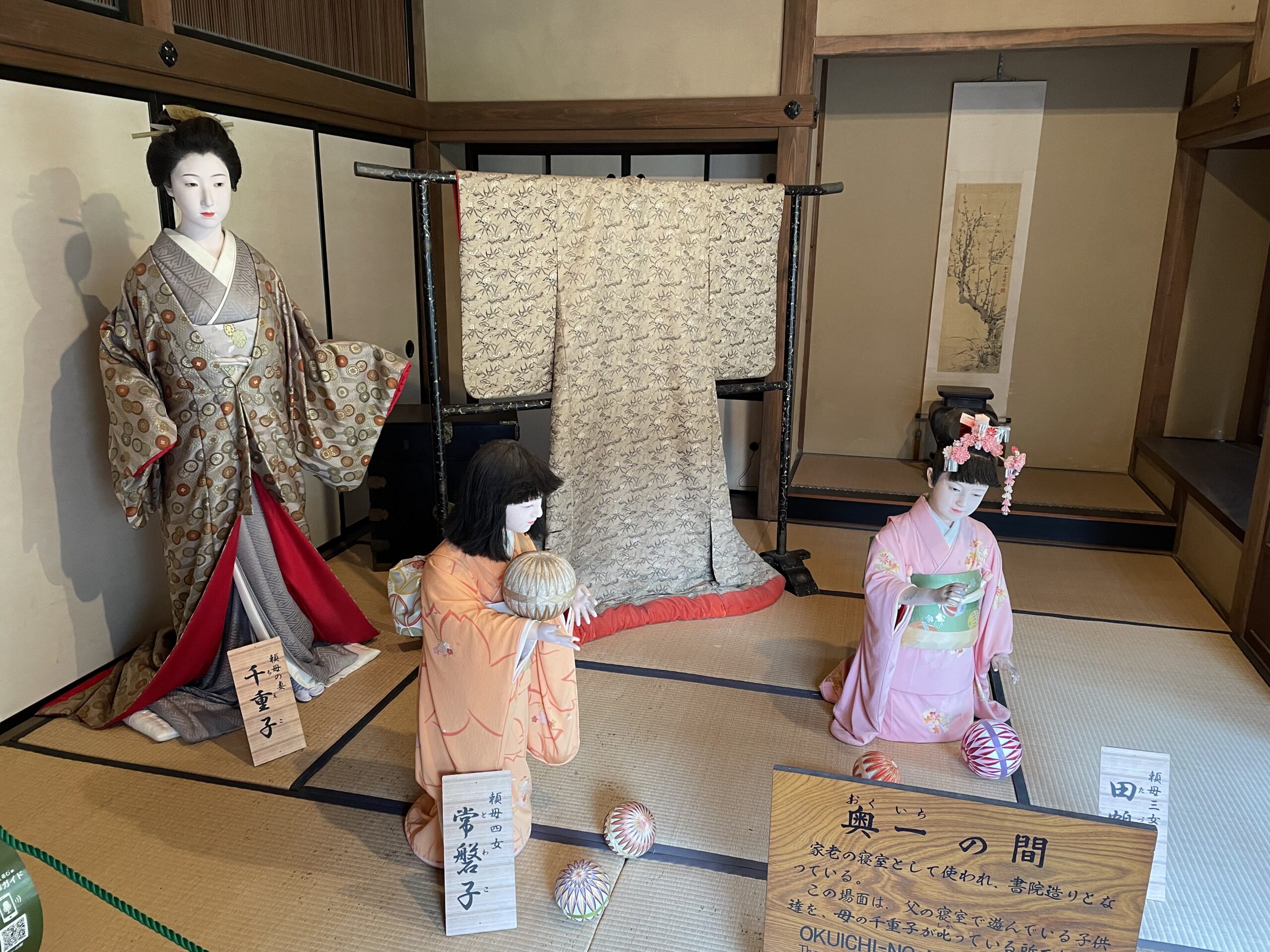The Boshin War was a Japanese civil war fought between Imperial and shogunate forces from 1868 to 1869. While many foreigners may view the Meiji Restoration that followed as a positive development, it is important to recognize the tragedies that befell the regions that were defeated in the war.
In these regions, residents often lacked basic necessities such as food, and some samurai families were forced to sell their daughters into servitude in Tokyo, where they became mistresses of Meiji government officials. All of the samurai’s possessions were taken away, and they were left unemployed.
In the Murakami region, salmon from the river was a vital source of protein and a rare treat. However, instead of consuming it themselves, the residents sold the salmon to fund the construction of schools and provide education for the samurai’s children. These children came to be known as the “salmon children,” and among them was the grandfather of Empress Masako. While it must have been difficult to part with such a valuable resource, education was seen as the key to success and a way to rebuild their lives.
In summary, while the Meiji Restoration may have been a positive development for some, it is important to acknowledge the hardships faced by those who were defeated in the Boshin War and to appreciate their resilience and sacrifices in the face of adversity.
